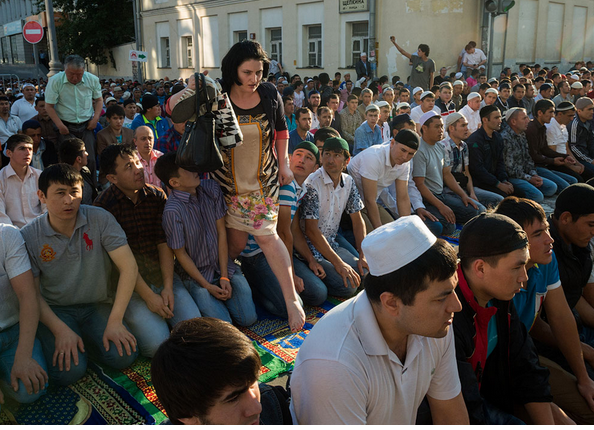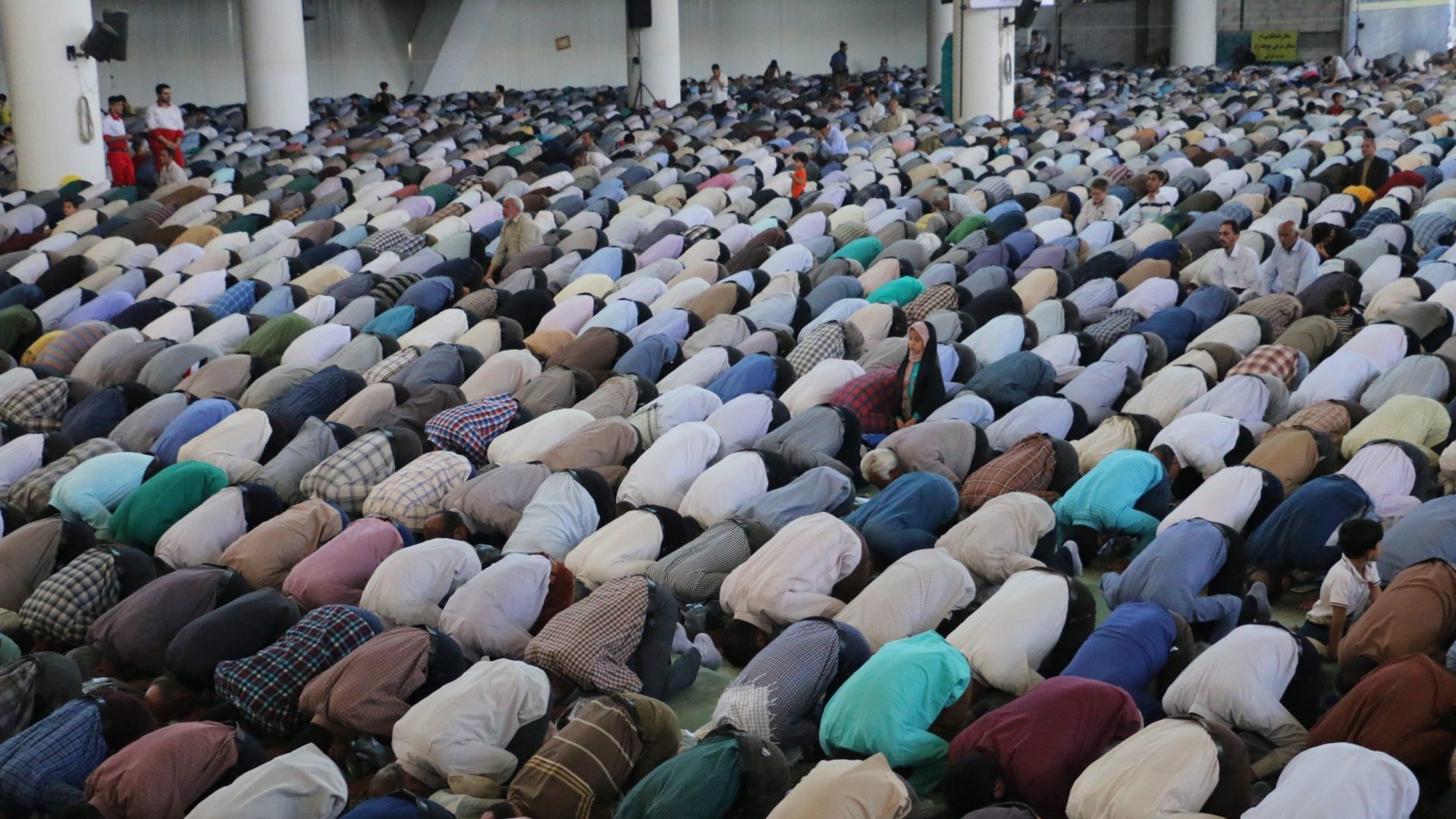03 Feb A New Law to Contain Islamic Radicalism Threatens French Protestants
Posted at 10:56h
in Changing World, Faith and Culture, Freedom, Religious Literacy, Understanding Islam 0 Comments
...





